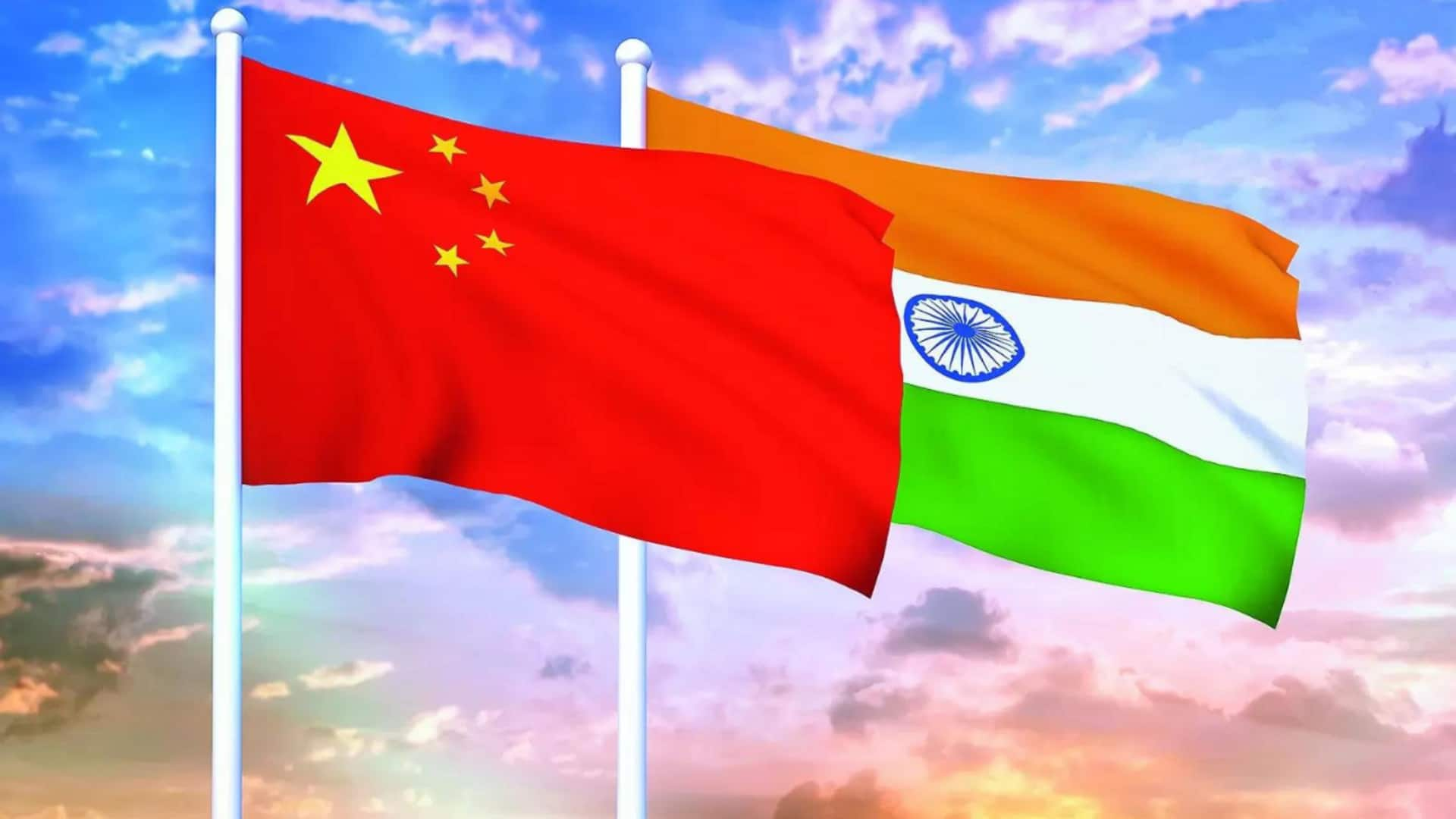
Trump effect: Modi government mulls easing trade restrictions on China
What's the story
The Indian government is planning to relax trade and investment curbs on China, imposed after the 2020 Galwan clash, as per The Indian Express.
The move comes amid a reduction in border tensions and increasing US pressure to lower tariffs.
According to the report, discussions are on to ease visa rules for Chinese personnel, remove certain tariff barriers, and permit some banned Chinese apps.
Proposal details
Proposals to strengthen ties
Reportedly, the Modi government is mulling changes to its 2020 policy mandating approval for investments from neighboring countries.
This could allow controlled Chinese investments, in an attempt to curb the widening trade deficit between the two countries.
Other proposals under discussion include resuming flights and issuing visas to Chinese scholars, relaxing non-tariff barriers like mandatory Bureau of Indian Standards (BIS) certification on Chinese electronics, IT products, and relaxing visa policies for Chinese workers engaged in infrastructure projects.
Trade dynamics
India-China trade remains robust despite restrictions
Despite the current restrictions, India-China trade ties are robust. In FY24, the bilateral trade stood at $118.4 billion, with China overtaking the US as India's largest trading partner.
However, the trade deficit with China has only widened, crossing $83 billion in 2023.
Indian exports face major non-tariff barriers in China, especially in agriculture and pharmaceutical sectors.
Strategic move
Strengthening economic ties with China
Officials cited in the Indian Express report indicate that strengthening economic ties with China could counter Washington's trade demands.
Reportedly, the Finance Ministry has made a case for easing restrictions.
China has expressed interest in restoring trade relations and proposed investment flows into India.
A gradual opening could include joint ventures where Chinese firms hold minority stakes, suggesting a cautious approach toward strengthening bilateral economic ties.